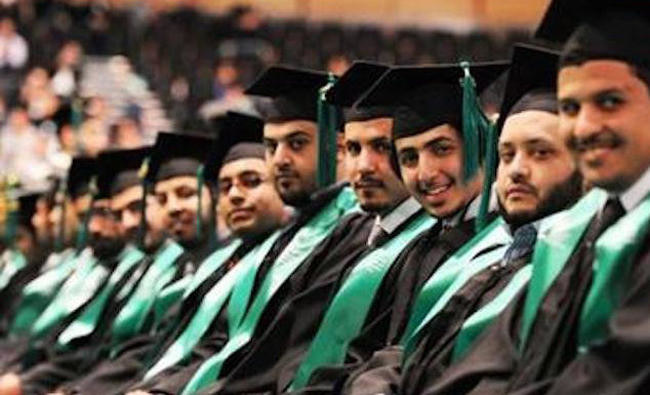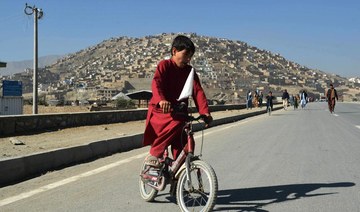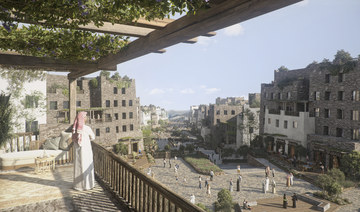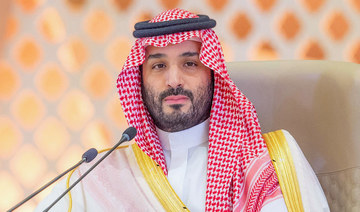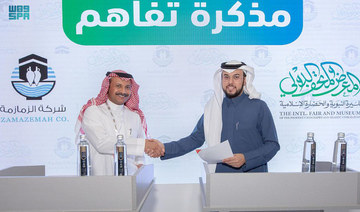RIYADH: The Soudah Development company plans to rehabilitate about 200 heritage sites within the Soudah Peaks project area in Saudi Arabia, and the work will be carried out in ways that preserve the authentic nature and natural splendor of the area, said Daniel McBrearty, the organization’s chief development officer.
The preservation of the sites and the natural landscapes around them is of paramount importance to the company as it undertakes its transformative tourism project, he added.
McBrearty told the Saudi Press Agency: “The Soudah project’s master plan places sustainable environmental practices at the forefront, ensuring the protection of natural landscapes, cultural heritage and the unique architectural style of the region.”
The Soudah Peaks project aims to establish a luxurious mountain tourism destination at an altitude of 3,015 meters above sea level in the Asir region of southwestern Saudi Arabia. In keeping with the objectives of the Saudi Green Initiative, only 1 percent of the 627-square-kilometer project area has been allocated for development.
“We will focus on safeguarding the environment and mitigating climate change impacts,” McBrearty said. “Soudah Development is committed to translating climate ambitions into tangible sustainability efforts aimed at restoring and reviving the area’s exceptional biodiversity.”
Several environmental initiatives are already underway, he said, most notably an afforestation project that aims to plant more than a million trees by 2030, in support of the Saudi Green Initiative and to help offset carbon emissions by 4 percent.
Soudah Development has already planted 165,000 indigenous trees, SPA reported, including species such as juniper, wild acacia, Dodonaea and katam (wild olive). This has taken place in collaboration with the National Center for Vegetation Cover Development and Combating Desertification, to help achieve environmental balance and climate resilience.
And in partnership with the National Center for Wildlife, the company has reintroduced 23 mountain ibexes and 10 idmi, or mountain, gazelles in the past three years, supporting efforts to protect the species from extinction.
McBrearty said that working under the auspices of the Public Investment Fund, the company is leading the development of Soudah Peaks to enhance the Kingdom’s increasingly diverse tourism offerings.
“The luxury mountain resort will feature 2,700 hospitality keys, 1,336 residential units and 80,000 square meters of commercial space across six development zones: Tahlal, Sahab, Sabrah, Jareen, Rijal and Red Rock,” he explained.
“By 2033, the project is projected to create thousands of direct and indirect job opportunities, contribute over SR29 billion ($7.7 billion) to the non-oil GDP (gross domestic product), and attract 10 million visitors annually by 2030, aligning with the nation’s tourism goals.”
Developers say Soudah Peaks will offer a wide range of attractions and activities, including mountain trails, long-distance hiking paths, paragliding, mountain biking, horseback riding and zipline adventures. Nature lovers will be able to immerse themselves in the natural splendor of its attractions, including national parks, biodiversity and agricultural terraces, and indulge in luxurious wellness experiences at eco-resorts, meditation centers and yoga retreats. There will also be an 18-hole golf course atop Soudah mountain, and mild temperatures of around 15 degrees Celsius will allow visitors and residents to enjoy the outdoor pursuits year-round.



